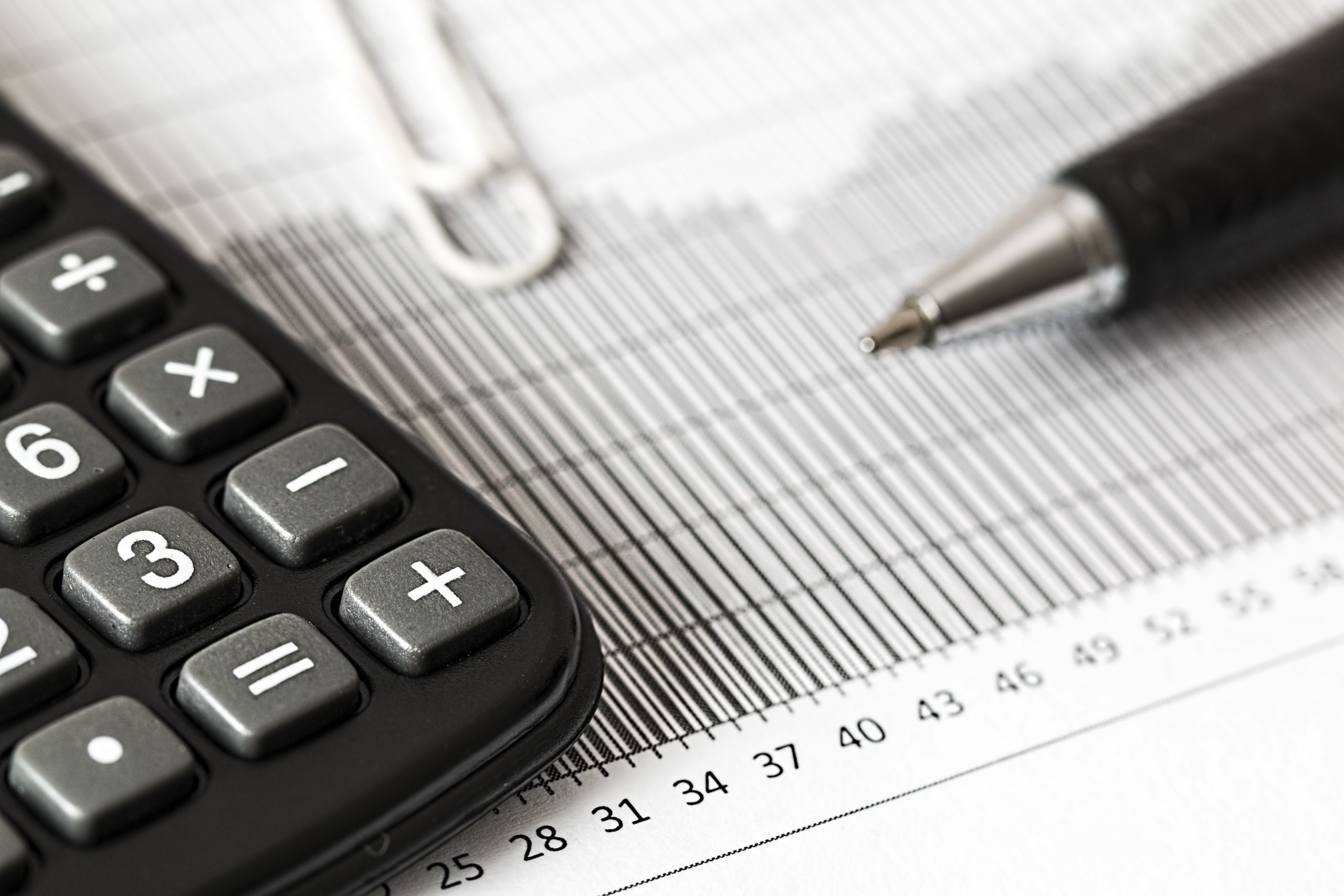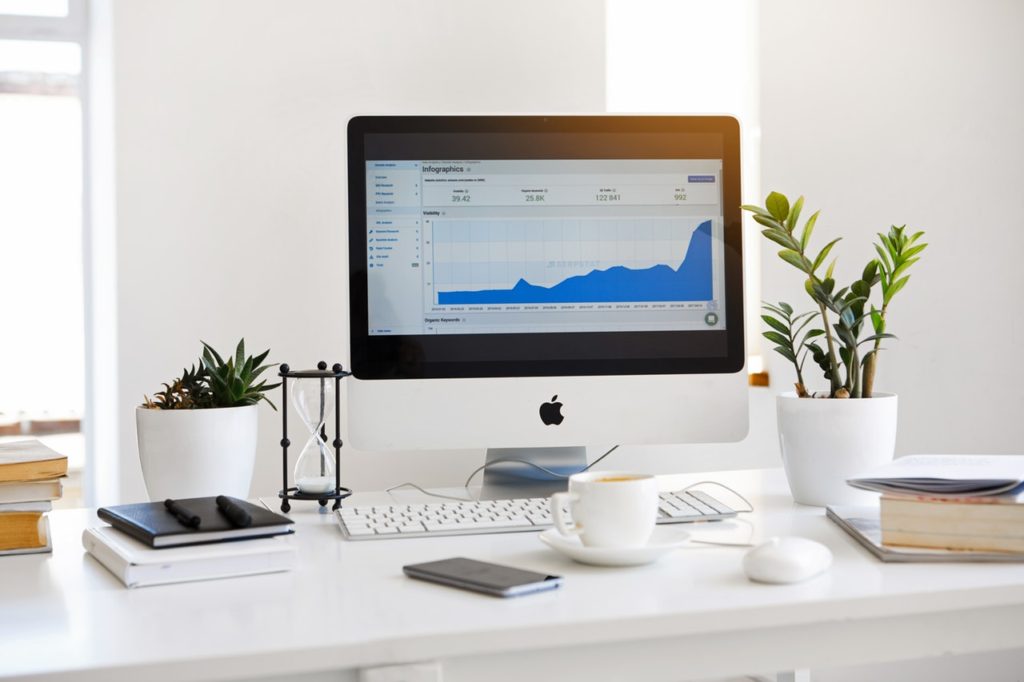
As a business owner, you have a lot of responsibilities on your plate. When tax season rolls around, you may find it extremely useful to have an accountant by your side. They can take the concept of submitting your taxes off of the table so you can focus on more important things for your business. If you’re going to have your accountant do your taxes, here are some documents your accountant needs to file your business taxes.
Your Financial Statement
A company’s financial statements are typically comprised of three main documents. These are your cash flow statement, balance sheet, and income statement. All of these documents are important for your accountant to file your business taxes. Your cash flow statement basically shows how your company manages and earns its cash. Your balance sheet is a list of your company’s liabilities and assets. Lastly, your income statement and expenses show your company’s revenue streams.
Bill Of Sales
Your company will handle a lot of assets over time. These assets are typically classified into three main categories. These are capital assets, depreciable property, and real property. When you sell an asset, your accountant will need the specifics of the transaction in order to calculate things such as capital gains. Therefore, you’ll need to round up any bill of sales for the assets you bought or sold throughout the tax year.
Vehicle Mileages
If you utilize your personal vehicles for business purposes, it’s important that you claim this use on your taxes. To do this, your accountant is going to need to know what the mileage for each vehicle was throughout the year. In most cases, businesses will utilize a vehicle log that shows the mileage that was used on specific dates for the business. It’s very easy for the business to keep track of the mileage in this type of document and it allows for easy reading for your accountant come tax time.

Previous Year’s Tax Returns
Most of your basic information is going to be on your previous year’s tax return. Therefore, you should have a copy of your federal, state, and local tax returns for your accountant to reference when doing this year’s taxes. They’ll be able to access your information quickly from these documents, such as your EIN and adjusted gross income.
Trial Balances
A trial balance is simply the term used to describe the transactions that happened throughout a year in a specific account. You can ask your bookkeeper for this information to forward it to your accountant. They’ll need these transactions for every single account that the business has.
Loan Agreements
If you’ve acquired any new loans during the past year, your accountant will need to know about them. To make things simple, just bring your loan agreement packet with you. This way, they have access to all the information regarding the loan in one easy to reference place.
Receipts And Bills
As a business, there are many things that can be deducted from your tax returns. What you can and can’t deduct are determined by the type of expenses you have. By handing your accountant copies of all your receipts and bills throughout the year, they can determine what expenses you can claim as deductions on your taxes.
Having an accountant do your business taxes is a great choice to make. However, you need to realize that you’re going to have to supply them with the necessary documentation for them to complete the job. The above are some of the most common documents that your accountant will ask for when doing your business taxes.

